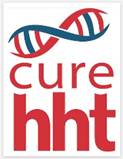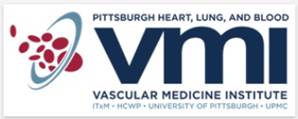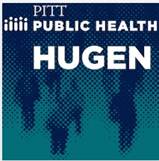Preventive Screening and Treatment for HHT
Screening for lung and brain vascular malformations is the most important step in preventing neurological problems.
At the HHT Center, preventive screening tests include:
Treatments to Control Nose Bleeding (Epistaxis)
Nasal bleeding and internal bleeding from the GI tract are the most common sources of chronic HHT symptoms.
Careful attention to nasal humidification and lubrication is essential in the control of nose bleeding. If this is not effective, our ENT specialists can destroy the vascular malformations with laser surgery.
After laser surgery, the surgeons may inject a drug called bevacizumab (Avastin®) into the malformations to prevent the growth of new vessels.
Treatments to Control Gastrointestinal Bleeding
We treat bleeding from vascular malformations in the GI tract by destroying the bleeding vessels during endoscopy.
Treatment for Anemia
Anemia is a frequent problem in people with HHT due to nose bleeds and gastrointestinal bleeding.
We manage anemia with oral or intravenous iron replacement. Sometimes patients need blood transfusions.
Treatment for Pulmonary Ateriovenous Malformations
If you have lung vascular malformations, you may be referred to a specialist (called an interventional radiologist) for treatment.
These malformations are treated by blocking them off with coils (called embolization). This prevents blood clots and bacteria from passing through and causing strokes and brain abscesses.
Treatment of Brain Vascular Malformations
Treatment of brain vascular malformations may include:
- Occlusion (blocking) with coils
- Surgery
- Radiosurgery
Treatment of Liver Complications
Vascular malformations can affect the liver. These require treatment only if they cause severe liver dysfunction or heart failure.
Liver transplant may be the best treatment option in these cases.


















